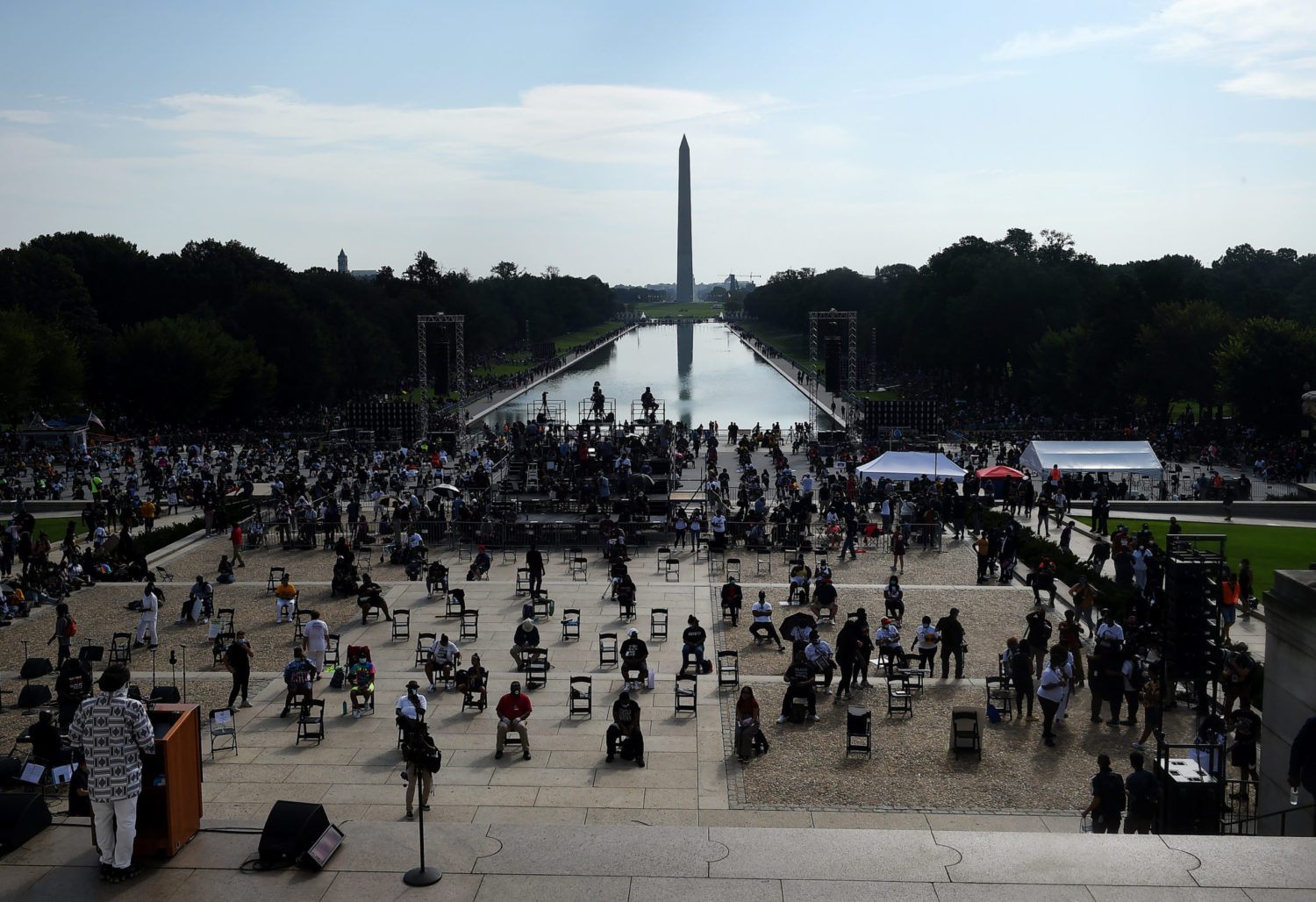
Important Takeaways:
- President Donald Trump vowed during his pre-inauguration speech on Sunday night to release records “in the coming days” related to the assassinations of former President John F. Kennedy, Robert F. Kennedy, and Martin Luther King Jr.
- Trump also promised to release records related to “other topics of great public interest,” during the event at Washington, DC’s Capital One Arena.
- “As a first step toward restoring transparency and accountability to government, we will also reverse the overclassification of government documents, and in the coming days, we are going to make public remaining records relating to the assassinations of President John F. Kennedy, his brother Robert Kennedy, as well as Dr. Martin Luther King, Jr. and other topics of great public interest,” the 45th and 47th president said.
- “It’s all going to be released, Uncle Sam,” he added.
- During his campaign, Trump pledged to create a commission on presidential assassination attempts, as a tribute to RFK Jr.
- “After I was — can’t even believe I have to say this — nearly assassinated in Pennsylvania last month, Bobby called me to express his best wishes. He knows firsthand the risks incurred by leaders who stand up to the corrupt political establishment,” Trump said at the time. “And when you stand up, you bring on some trouble for yourself, but you have to do what’s right. You have to do what’s right for the country. I’ll tell you, we are both in this to do what’s right for the country.”
- Both Kennedy’s father and uncle were assassinated.
- “He lost his father and uncle in service to our country, and Bobby himself was subject to repeated threats to his safety during the course of his campaign, while being denied protection by the Harris-Biden administration,” Trump said. The Biden administration notably only ordered Secret Service protection for RFK Jr. after the Trump assassination attempt and after Trump demanded protection for him.
Read the original article by clicking here.




